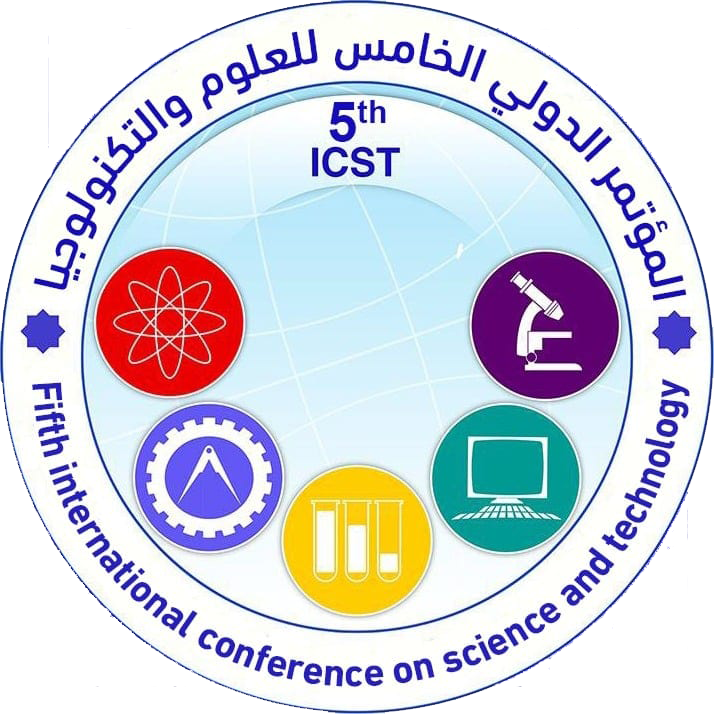The impact of the monetary crisis on some economic variables in the Libyan economy during the period (2011-2021)
Abstract
This study aimed at defining the economic and non-economic causes of the monetary crisis in the Libyan economy, as well as knowing the impact of the monetary crisis on the (selected) economic variables represented in the real GDP, inflation rate, and the volume of bank credit during the study period. It also used the descriptive approach by describing Its variables are related to their diagnosis and their effects, as it was concluded that the money supply outside the banking system during the study period affected the real gross product significantly, due to the increase in the money supply to economic and non-economic reasons, the most important of which is the leakage of deposits from the banking system as a result of the lack of customer confidence, and the lack of stability The political and economic situation in Libya, which affected the situation of economic and monetary stability, that the increase in the money supply outside the banking system may not lead to an increase in the general level of prices (inflation rate) in the Libyan economy from time to time, that the increase in money supply and the decrease in the volume of credit is due to a factor The inability of banks to expand granting credit directed towards economic and commercial activities, as it was suggested to achieve political stability and economic conditions Security and financial discipline, and work to address the challenges and obstacles that impede the oil export process, which caused a decrease in the volume of foreign exchange.
Full text article
Authors
Copyright (c) 2022 Journal of Pure & Applied Sciences

This work is licensed under a Creative Commons Attribution 4.0 International License.
In a brief statement, the rights relate to the publication and distribution of research published in the journal of the University of Sebha where authors who have published their articles in the journal of the university of Sebha should how they can use or distribute their articles. They reserve all their rights to the published works, such as (but not limited to) the following rights:
- Copyright and other property rights related to the article, such as patent rights.
- Research published in the journal of the University of Sebha and used in its future works, including lectures and books, the right to reproduce articles for their own purposes, and the right to self-archive their articles.
- The right to enter a separate article, or for a non-exclusive distribution of their article with an acknowledgment of its initial publication in the journal of Sebha University.
Privacy Statement The names and e-mail addresses entered on the Sabha University Journal site will be used for the aforementioned purposes only and for which they were used.

